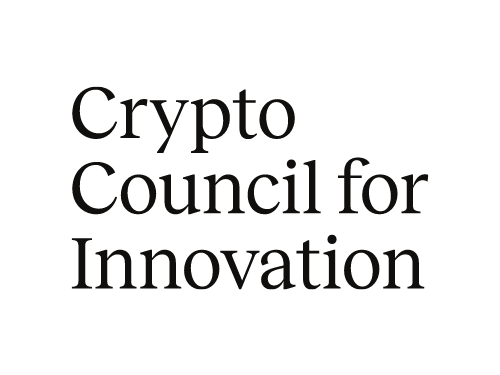- National survey shows 1 in 7 voters own cryptocurrency with support across party lines.
- A majority thinks crypto has unrealized potential and can be an access point for those historically excluded from the financial system.
- But, regulation is needed to protect consumers.
- View the raw data
WASHINGTON, D.C. (October 26, 2022) – The Crypto Council for Innovation, the industry’s premier global alliance, today released the results of a national poll that shows crypto users are poised to have an impact in close midterm races across the country.
Cory Gardner, former United States Senator and Chief Strategist of Political Affairs for the Crypto Council said: “Ballots are going out across the country – election day is just a few weeks away. This election promises some of the most competitive races in a generation, with many races likely to be decided by narrow margins. The crypto community is ready to make its voice heard in November – those candidates that listen will get their vote.”
“Our national survey shows voters believe in the promise of digital assets and see it as a long term part of the economy and their financial future,” Gardner said. “Importantly, they are echoing what the industry has been calling for: regulation that provides clear rules of the road to protect consumers and realize the technology’s full potential.”
Key findings:
- 13% of respondents say they hold cryptocurrency.
- Independents (17%), Hispanic Americans (18%), African Americans (18%) and young voters (20%) – are even more likely to be crypto owners.
- Voters want legislators to treat crypto as a serious and valid part of the economy (45%) more than they want to see it treated as a mechanism for fraud and abuse (36%).
- A majority (52%) think that crypto needs more regulation than presently exists.
- People are more likely to get information on cryptocurrency from social media outlets like Facebook, TikTok and Instagram than financial or mainstream news sources (36% to 31%).
Alternatives during Economic Headwinds
Responses indicate that crypto is here to stay. Digital assets have taken space alongside market investments and mutual funds for voters. “Crypto is not going away – it is already in the investment mix,” said Gardner. In comparison to other financial holdings, 16% of respondents said they hold stocks, 13% hold crypto, 12% hold mutual funds, and 5% hold bonds.
Some poll respondents even had a more positive view of crypto than more traditional financial institutions. For example, more than 50% of Latino and African American respondents have a more favorable view of crypto and credit unions than banks.
The poll results come at a time of continuing global uncertainty and turbulent economic headwinds. Providing trusted and alternative access pathways to the financial tools is important for inclusive growth.
Congress’s Role to Protect Consumers and Reduce Fraud
Over 40% think crypto has untapped potential and 33% think it represents an important financial innovation. While we are in the early days for this technology, and many still find it complex, the more people know about it, the more opportunity they see.
Voters that hold crypto want action and protection from fraudulent scams, more than 50% said they want regulation. Importantly, there is bipartisan support for the issues.
“Congress is a critical component to ensuring consistency and clarity in the digital future,” said Gardner. “Working together, it’s possible for the US to build more pathways to spur meaningful economic growth, and secure a digital future where crypto’s full potential is realized through careful conversation and smart policy.”
Methodology
The national survey of some 1,200 likely voters was conducted for the Crypto Council by a bipartisan team led by Sean McElwee from Pioneer Polling and B.J. Martino from The Tarrance Group. Responses were gathered online from October 8-10, 2022.
About the Crypto Council for Innovation
The Crypto Council is the premier global alliance for advancing innovation. It believes in leading with a global view, advocating for inclusive regulation, and developing evidence-based insights to support government and business leaders. It has teams in San Francisco, Washington, DC, New York, Denver, London, Brussels, and Hong Kong.




